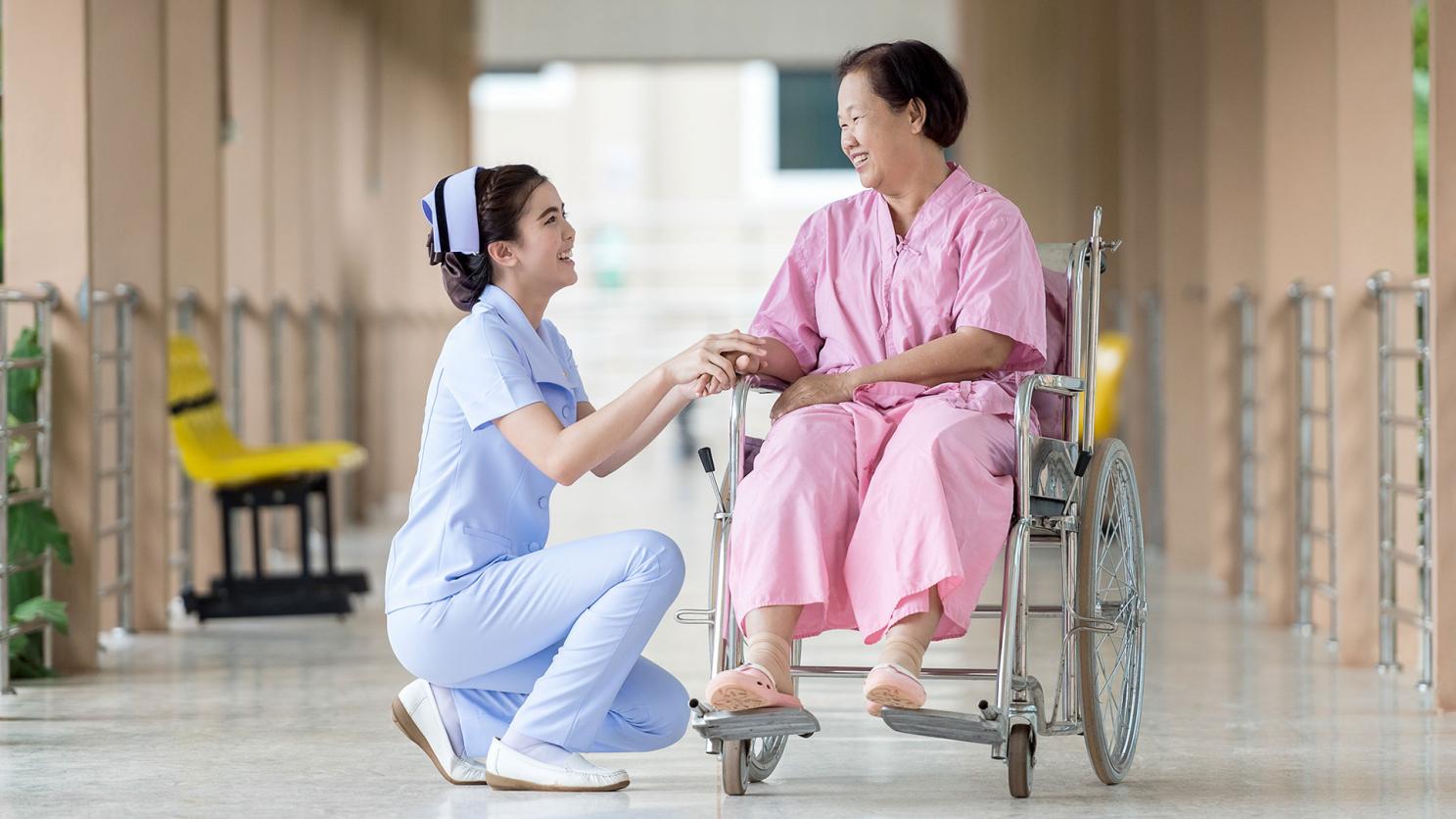How Can I Prepare My Elderly Parent for Medical Rehab?
Preparing an elderly parent for medical rehabilitation is crucial for ensuring a successful recovery and smooth transition. Proper preparation involves addressing physical, cognitive, emotional, and practical aspects to maximize the patient's well-being and recovery potential.

Understanding Medical Rehabilitation
Medical rehabilitation aims to restore or improve physical, cognitive, and functional abilities after an illness, injury, or surgery. It involves a team of healthcare professionals, including physical therapists, occupational therapists, speech therapists, and nurses, who work together to develop an individualized treatment plan.
Different types of rehabilitation programs are available, depending on the patient's needs and goals. These may include:
- Inpatient rehabilitation: Provides 24/7 care in a hospital or rehabilitation facility.
- Outpatient rehabilitation: Offers therapy sessions on a part-time basis, allowing patients to return home at night.
- Home-based rehabilitation: Provides therapy services in the patient's home environment.
Preparing For Rehabilitation
Physical Preparation
- Encourage regular exercise and physical activity to maintain strength and mobility.
- Ensure adequate nutrition and hydration to support healing and recovery.
- Address any mobility or balance issues through assistive devices, such as canes or walkers.
Cognitive Preparation
- Engage in cognitive stimulation activities, such as reading, puzzles, and games, to maintain cognitive function.
- Discuss the rehabilitation process and expectations with the patient to reduce anxiety and promote understanding.
- Provide support and encouragement to boost the patient's confidence and motivation.
Emotional Preparation
- Acknowledge and address any fears or concerns the patient may have about rehabilitation.
- Foster a positive and supportive environment to promote emotional well-being.
- Encourage communication and expression of emotions to facilitate coping mechanisms.
Practical Considerations
Choosing a Rehabilitation Facility
- Research and compare different facilities, considering the patient's needs, goals, and preferences.
- Visit the facility and meet with staff to assess the environment and level of care.
- Consider the facility's location, accessibility, and amenities.
Preparing the Home for Discharge
- Make necessary modifications to ensure safety and accessibility, such as installing grab bars and ramps.
- Arrange for transportation and assistance as needed for appointments and activities.
- Provide a comfortable and supportive environment that promotes independence and well-being.
Financial Planning
- Discuss insurance coverage and potential out-of-pocket expenses with the patient and family.
- Explore financial assistance programs if necessary to cover rehabilitation costs.
- Consider long-term care insurance or other financial planning strategies to ensure ongoing care.
Support And Communication
Involving Family and Friends
- Encourage support and involvement from loved ones to provide emotional and practical assistance.
- Establish clear communication channels to keep everyone informed about the patient's progress and needs.
- Delegate tasks and responsibilities among family members to avoid overwhelming the patient or caregivers.
Communicating with the Rehabilitation Team
- Maintain open and regular communication with therapists and nurses to discuss the patient's progress and any concerns.
- Attend rehabilitation sessions and participate in family meetings to stay informed and provide support.
- Provide feedback and suggestions to the rehabilitation team to enhance the patient's care and recovery.
Supporting the Patient's Recovery
- Provide encouragement and motivation throughout the rehabilitation process.
- Celebrate successes and setbacks to acknowledge the patient's efforts and progress.
- Foster a sense of purpose and belonging by involving the patient in meaningful activities and social interactions.
Preparing an elderly parent for medical rehabilitation is a multifaceted process that requires careful planning and support. By addressing physical, cognitive, emotional, and practical aspects, families can help their loved ones achieve optimal recovery outcomes and a smooth transition back home.

YesNo

Leave a Reply